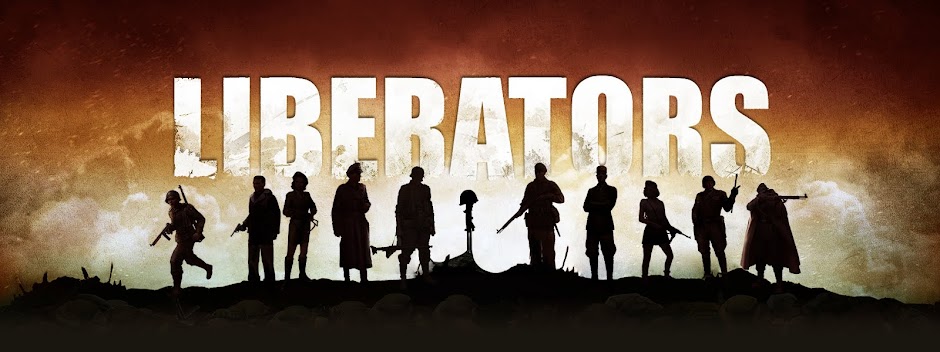Léo Major
 The Dutch town of Zwolle will always remember how Canadian Sergeant Léo Major single-handedly liberated it from German army occupation. On D-Day, he captured a German armored vehicle by himself, acquiring secret army codes for the Allies.
The Dutch town of Zwolle will always remember how Canadian Sergeant Léo Major single-handedly liberated it from German army occupation. On D-Day, he captured a German armored vehicle by himself, acquiring secret army codes for the Allies.
Sergeant Léo Major DCM* (1921 – 12 October 2008) was a French Canadian soldier in the Régiment de la Chaudière in World War II. He was the only Canadian and one of only three soldiers in the British Commonwealth to ever receive the Distinguished Conduct Medal twice in separate wars.
On the night of 13 April 1945, Major single-handedly liberated the city of Zwolle in the Netherlands from German army occupation. This action earned him his first Distinguished Conduct Medal. He received his second DCM during the Korean War for leading the capture of a key hill.
Major died in Longueuil on 12 October 2008 and was buried at the Last Post Fund National Field of Honour in Pointe-Claire, Quebec. He was survived by: Pauline De Croiselle, his wife of 57 years; four children; and five grandchildren.
Audie Murphy
"Praise be to God for this capture sod That rich with blood does seep With yours and mine like butchered swine And hell is six feet deep" Hailing from a humble background and with little more than his unrelenting resolve, Audie Murphy is one of the most accomplished soldiers in American history. Single-handedly holding off German soldiers then leading a successful counterattack while out of ammunition and wounded, he truly is a force to be reckoned with.
Audie Leon Murphy (20 June 1925 – 28 May 1971) was one of the most decorated American combat soldiers of World War II, receiving every military combat award for valor available from the U.S. Army, as well as French and Belgian awards for heroism. At the age of 19, Murphy received the Medal of Honor after single-handedly holding off an entire company of German soldiers for an hour at the Colmar Pocket in France in January 1945, then leading a successful counterattack while wounded and out of ammunition.
Murphy was born into a large sharecropper family in Hunt County, Texas. His father abandoned them, and his mother died when he was a teenager. Murphy left school in fifth grade to pick cotton and find other work to help support his family; his skill with a hunting rifle was a necessity for putting food on the table. Murphy's older sister helped him to falsify documentation about his birth date to meet the minimum-age requirement for enlisting in the military, and after being turned down by the Navy and the Marine Corps he enlisted in the Army. He first saw action in the Allied invasion of Sicily and the Battle of Anzio, and in 1944 was part of the liberation of Rome and invasion of southern France. Murphy fought at Montélimar, and led his men on a successful assault at the L'Omet quarry near Cleurie in northeastern France in October.
After the war, Murphy enjoyed a 21-year acting career. He played himself in the 1955 autobiographical To Hell and Back based on his 1949 memoirs of the same name, but most of his films were westerns. He made guest appearances on celebrity television shows and starred in the series Whispering Smith. Murphy was a fairly accomplished songwriter, and bred quarter horses in California and Arizona, becoming a regular participant in horse racing.
Suffering from what would today be termed post-traumatic stress disorder (PTSD), he slept with a loaded handgun under his pillow and looked for solace in addictive sleeping pills. In the last few years of his life he was plagued by money problems, but refused offers to appear in alcohol and cigarette commercials because he did not want to set a bad example. Murphy died in a plane crash in Virginia in 1971 shortly before his 46th birthday, and was interred with full military honors at Arlington National Cemetery.


All of this is fine but I have yet to find a page that tells how many command points needed to recruit each commander. Any suggestions?
ReplyDelete